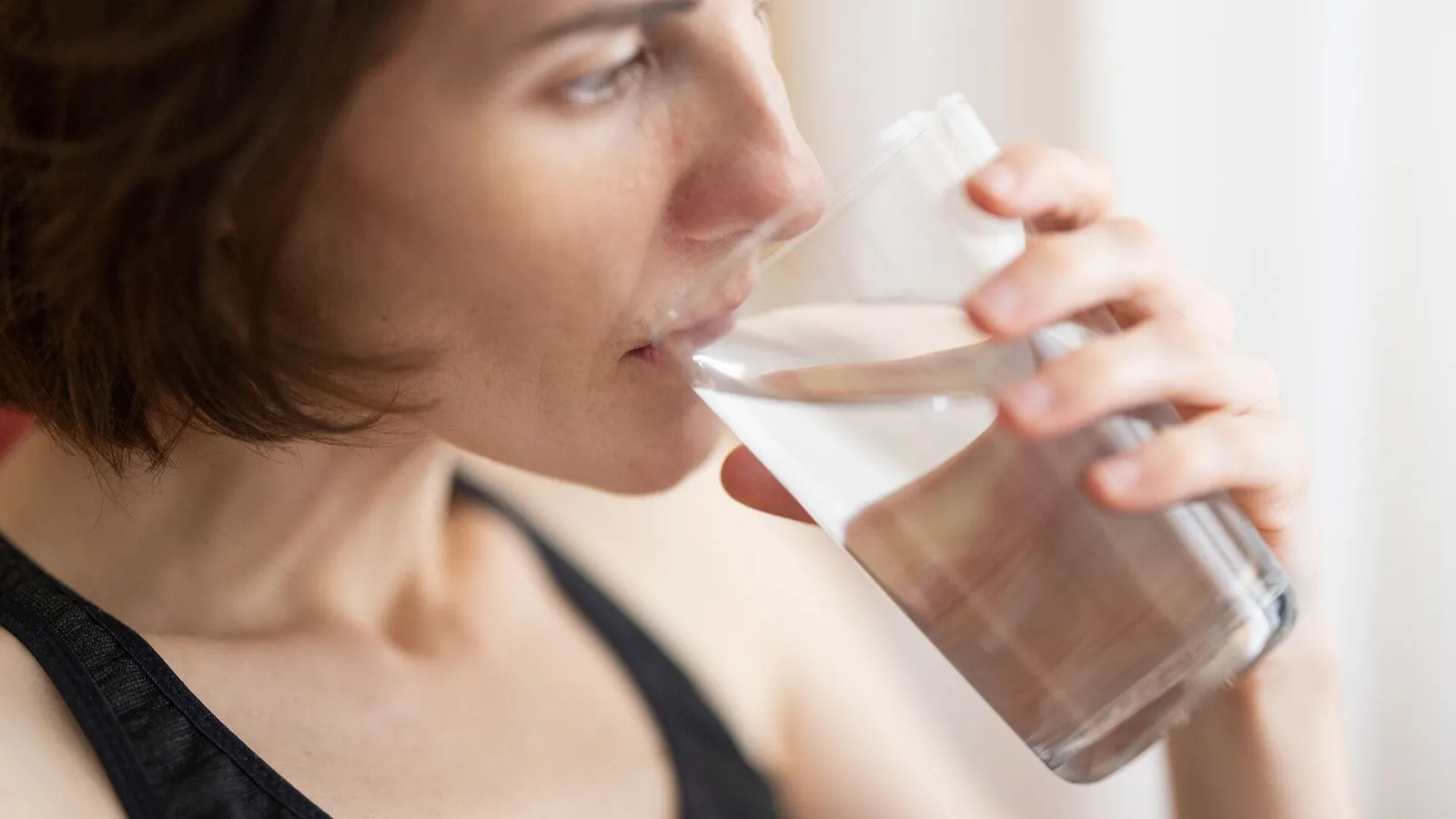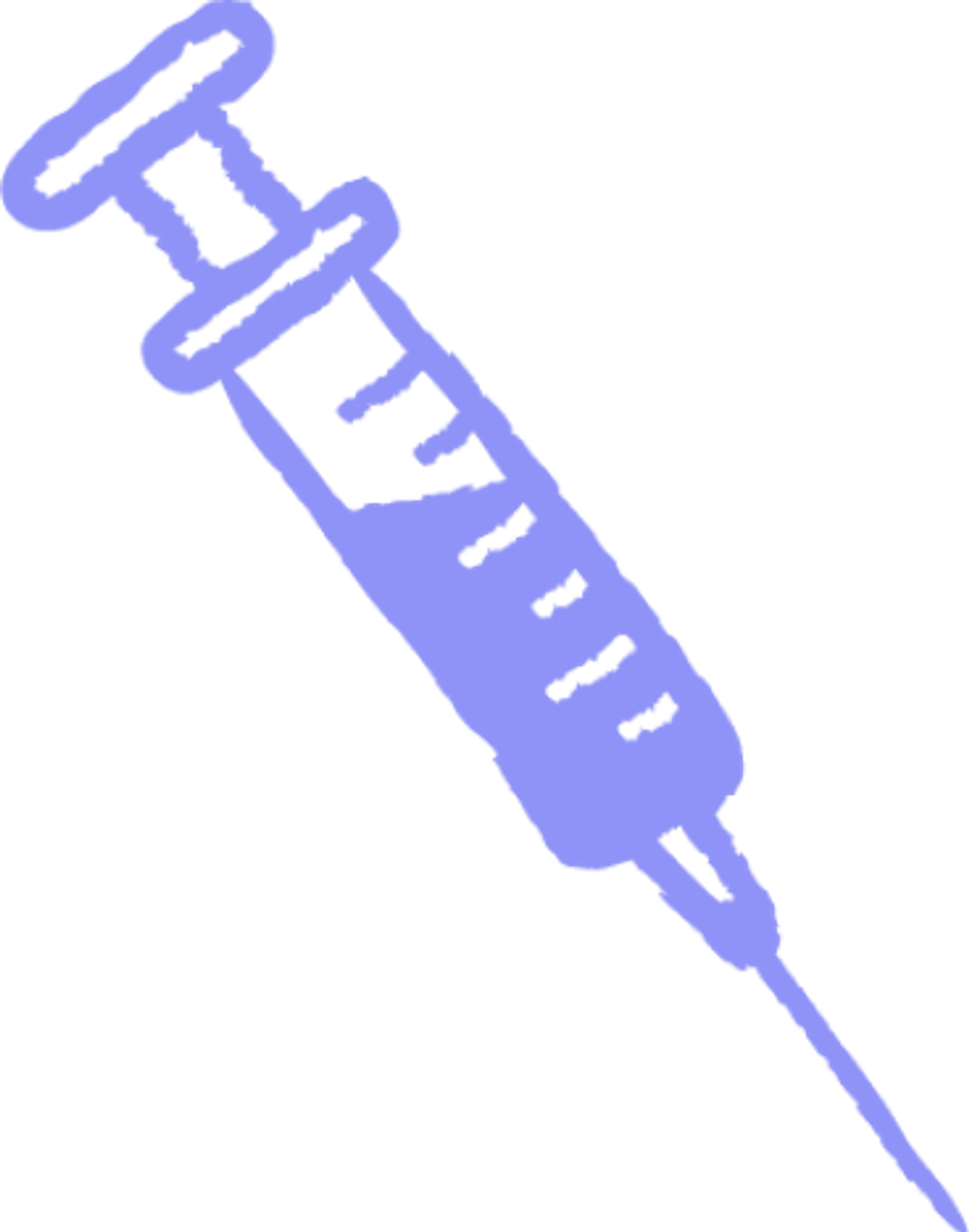Plasma 101
Who: Eligible donors between 18 and 63 can earn up to $560 a month in NY and up to $770 a month in FL.
What: Plasma is the yellow part of your blood that replenishes naturally.
Where: Queens, Brooklyn, The Bronx (NY), and Ft. Pierce (FL).
Why: Get paid to donate and help treat bleeding disorders, immune deficiencies, and more.
When: No appointment needed—walk in anytime before closing.
Hydration and Plasma: Maintaining Health and Wellness

Did you know that hydration goes beyond quenching your thirst? It plays a crucial role in maintaining the health of your blood plasma, a component of your blood that carries cells and proteins throughout your body. In this article, we'll delve into the fascinating relationship between hydration and plasma, exploring how they work together to maintain your health and wellness. We'll also discuss the detrimental effects of dehydration on your body and plasma and provide practical tips on how to stay adequately hydrated. So, if you're ready to learn about the vital role of water in your body and how it contributes to your overall health, read on. This is more than just about drinking eight glasses of water a day—it's about understanding the profound impact of hydration on your body's functions.
Understanding Hydration and Plasma
What is Hydration?
Hydration is a fundamental aspect of our health. Hydration refers to the process of absorbing, distributing, and maintaining adequate water levels in the body. It's not just about quenching your thirst; it's about ensuring that every cell, tissue, and organ in your body has the water it needs to function properly. From aiding digestion to lubricating joints, maintaining body temperature, and even facilitating brain function, water plays a crucial role in almost every bodily function.
What is Plasma?
Now, let's talk about plasma. Plasma is the often overlooked component of our blood, making up about 55% of its total volume. It's a yellowish fluid that carries our blood cells and platelets throughout our body. But that's not all. Plasma also carries vital nutrients, hormones, proteins, and waste products. It's like a highway system, transporting important passengers and cargo to where they're needed most in the body.
The Connection Between Hydration and Plasma
So, how do hydration and plasma connect? Well, water is a key component of plasma. When we are well-hydrated, our plasma volume is maintained, ensuring efficient transport of nutrients and waste products. However, when we're dehydrated, plasma volume can decrease. This can affect the concentration and composition of plasma, impacting how effectively it can carry out its functions. For instance, a study found that during heat-induced dehydration, plasma volume declined significantly, while it was better maintained during and after exercise, even with similar levels of dehydration. This highlights the complex relationship between hydration, plasma, and our body's responses to different conditions.
In essence, hydration and plasma are two sides of the same coin, each influencing and being influenced by the other in a delicate balance that underpins our health and wellbeing.

The Importance of Hydration for Plasma
Hydration and Blood Volume
As we delve into the topic, it's crucial to understand that hydration plays a significant role in maintaining blood volume. When we hydrate, we're essentially replenishing the water content in our blood. This water is vital for the proper functioning of our blood cells and for maintaining the volume of blood plasma. Plasma, which is about 90% water, is the largest component of our blood. It serves as the medium for cells and other components to move throughout our body. When we're dehydrated, our blood volume drops, reducing the amount of oxygen and nutrients that can be transported to our cells. This can lead to fatigue, dizziness, and other health issues.
Hydration and Blood Composition
Hydration also affects the composition of our blood, particularly plasma. Plasma is more than just water; it contains various substances like glucose, hormones, and electrolytes. When we're dehydrated, the concentration of these substances in our plasma can increase, which can affect how our body functions. For instance, dehydration can lead to an imbalance in electrolytes, which are crucial for many bodily functions, including muscle contractions and maintaining pH balance. So, staying hydrated helps keep our blood composition balanced, ensuring our body functions optimally.
Hydration, Plasma, and Health
The implications of hydration and plasma on our overall health and wellness are significant. Adequate hydration ensures that our blood volume and composition are maintained, which is vital for our cardiovascular health. It also helps prevent health issues like kidney stones and urinary tract infections, which can occur when our body doesn't have enough water to flush out waste products. Additionally, staying hydrated can enhance our physical performance, improve our mood and cognitive function, and even aid in weight loss. So, maintaining hydration is not just about quenching our thirst; it's about keeping our body functioning well and promoting our overall health and wellness.
Effects of Dehydration on Plasma and Overall Health
Physical Effects of Dehydration
Dehydration can significantly impact our physical performance and energy levels. When we're dehydrated, our bodies can't function at their best. This can lead to symptoms such as dizziness, tiredness, and dry mouth. In more severe cases, dehydration can lead to complications such as seizures, kidney failure, and even death. It's important to note that dehydration can also cause a decrease in plasma volume, which can affect the delivery of oxygen and nutrients to our muscles and organs, further impairing physical performance.
Dehydration and Brain Function
Our brains are predominantly made up of water, so it's no surprise that dehydration can have a significant impact on brain function. Even a slight decrease in brain hydration can result in short-term memory loss and trouble with math computations. If dehydration continues over a long period, it can cause brain cells to shrink in size and mass. This is because our brain cells rely on a balance of water and various elements, and when we're dehydrated, this balance can be disrupted, affecting the plasma in our brain and its function.
Dehydration and Digestion
Dehydration can also have a significant impact on our digestive system. When we're dehydrated, it's harder for food to move through our digestive system. This can lead to constipation, irritable bowel syndrome, and other digestive issues. Furthermore, the body's plasma volume can decrease when we're dehydrated, which can affect the transport of nutrients and waste products in our digestive system.
Dehydration and Kidney Health
Dehydration can lead to kidney stones and other kidney problems. When we're dehydrated, our urine becomes more concentrated. This change in concentration can lead to the formation of crystals, which can affect kidney function and contribute to certain kidney diseases, such as kidney stones. This is because the kidneys rely on a certain amount of plasma to filter waste products from the blood. When we're dehydrated, there's less plasma available for this process, which can put a strain on the kidneys.

How to Stay Hydrated
Daily Water Intake Recommendations
As an expert in health and wellness, we can't overstate the importance of maintaining proper hydration. The amount of water each person needs can vary depending on factors like age, sex, weight, and physical activity level. However, a general guideline is to aim for about 8 glasses, or 2 liters, of water per day. This is often referred to as the "8x8 rule" and is easy to remember. But remember, individual needs may vary, and it's always important to listen to your body's signals for thirst.
Hydration Tips and Advice
Staying hydrated doesn't have to be a chore. Here are some practical tips to help you meet your hydration goals: Drink a glass of water first thing in the morning. Invest in a reusable water bottle to carry with you throughout the day. Set reminders on your phone to drink water at regular intervals. Eat hydrating foods like fruits and vegetables. And remember, all fluids count towards your daily intake, including teas and soups.
The Role of Diet in Hydration
Diet plays a significant role in maintaining hydration. Many fruits and vegetables, such as watermelon, cucumbers, and oranges, are high in water content and can contribute to your daily fluid intake. Soups and broths are also a great way to increase hydration. Remember, staying hydrated isn't just about drinking water; it's about consuming a diet rich in hydrating foods too.
Staying hydrated is a good first rule if you plan to donate plasma. This will ensure you can donate on the day of your appointment and help with recovery afterward. If you’re ready to make a plasma donation find your closest center or talk to us, and a friendly member of the team will answer any questions you have.
You can also check our blog for useful resources to prepare you for plasma donation.
In conclusion, hydration plays a pivotal role in maintaining our health and wellness, particularly in relation to plasma. The balance of water in our bodies influences everything from our physical performance to brain function, digestion, and kidney health. Dehydration can lead to a decrease in plasma volume, affecting the delivery of oxygen and nutrients to our muscles and organs, impairing physical performance, and causing potential health issues. Staying hydrated is not just about drinking water; it's about consuming a diet rich in hydrating foods too. Remember, the recommended daily water intake is about 8 glasses, but individual needs may vary. So, listen to your body's signals for thirst and keep yourself hydrated for optimal health.
















